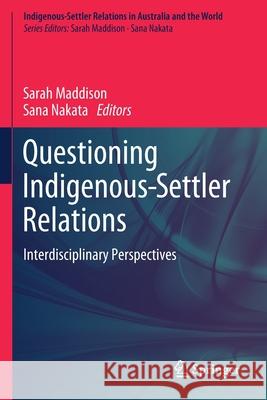Questioning Indigenous-Settler Relations: Interdisciplinary Perspectives » książka
topmenu
Questioning Indigenous-Settler Relations: Interdisciplinary Perspectives
ISBN-13: 9789811392078 / Angielski / Miękka / 2020 / 158 str.
Questioning Indigenous-Settler Relations: Interdisciplinary Perspectives
ISBN-13: 9789811392078 / Angielski / Miękka / 2020 / 158 str.
cena 402,53
(netto: 383,36 VAT: 5%)
Najniższa cena z 30 dni: 385,52
(netto: 383,36 VAT: 5%)
Najniższa cena z 30 dni: 385,52
Termin realizacji zamówienia:
ok. 16-18 dni roboczych.
ok. 16-18 dni roboczych.
Darmowa dostawa!
Kategorie:
Kategorie BISAC:
Wydawca:
Springer
Język:
Angielski
ISBN-13:
9789811392078
Rok wydania:
2020
Wydanie:
2020
Ilość stron:
158
Waga:
0.25 kg
Wymiary:
23.39 x 15.6 x 0.94
Oprawa:
Miękka
Wolumenów:
01
Dodatkowe informacje:
Wydanie ilustrowane











